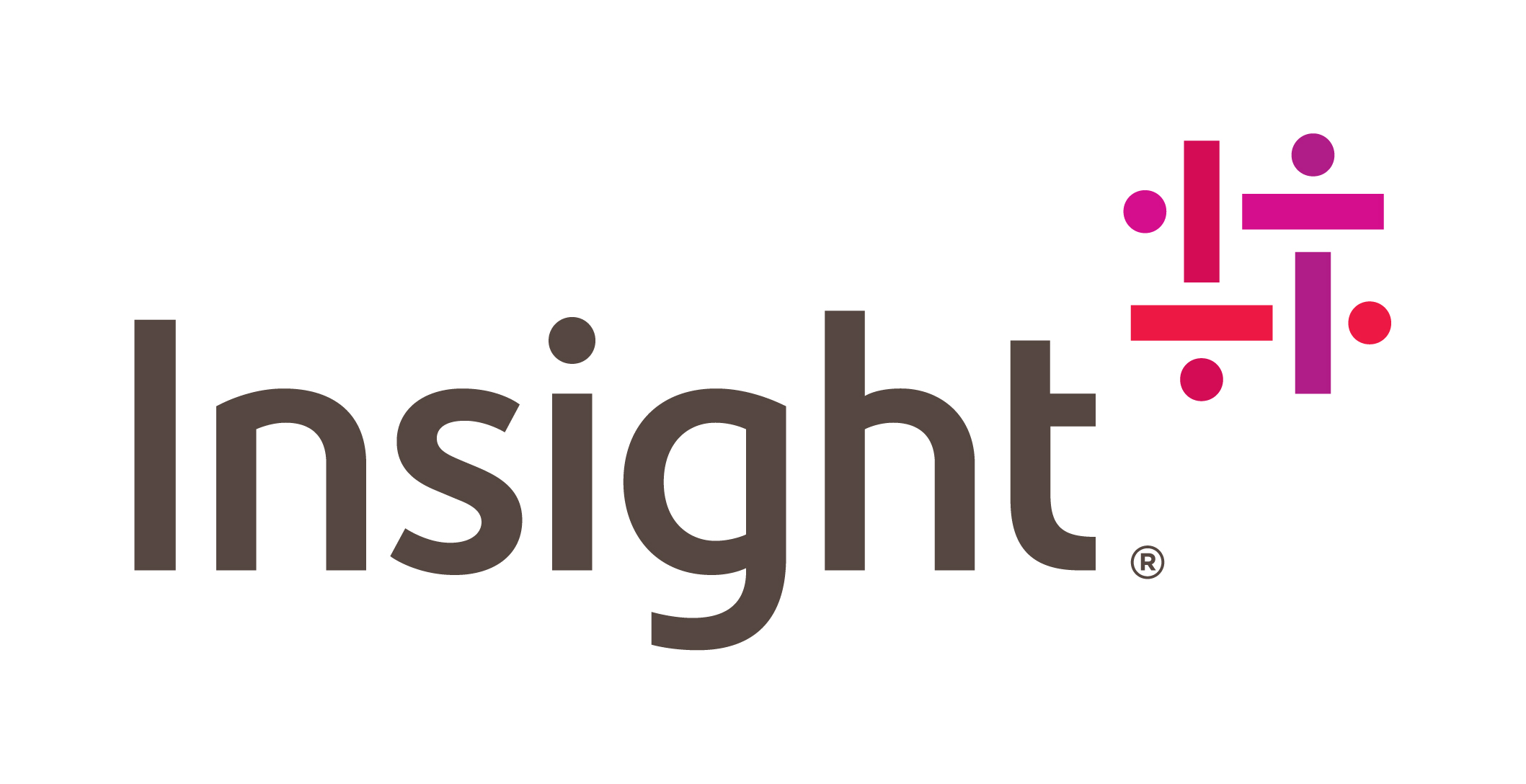A Q&A with SADA’s co-founder, Annie Safoian
In honor of Women’s History Month, we’re excited to feature SADA co-founder Annie Safoian, who co-founded SADA with her husband Hovig Safoian in 2000. As part of our month-long celebration of women’s accomplishments in technology, we invited her to reflect on SADA’s history and culture, her journey growing the business, and the future.
Tell us a bit about your first encounters with the technology industry and when you realized you had something to contribute to it.
I have to start my answer by saying how fortunate I was to be born and raised in the family that I had. I was born in Armenia, which at the time was part of Soviet Russia. Both my parents were engineers. My father was the one who started the production of the printed motherboards for mainframe computers back in the day. My mother was in a department where they were calculating the materials used for the production. So I heard talk about this amazing technology growing up. Our dad used to explain to us the entire process, showing us the motherboards, showing us the defective ones and explaining why they would not work, etc. It was all very interesting for me and my two sisters.
The way we behave, live and act is a result of how we think, how we are raised, the way our brain develops–our mentality. Growing up, my sisters and I were never told and we never felt that there was anything that we could not do because we were girls. It came from my parents who were very open minded during a conservative time in Soviet Armenia. They not only allowed us, but also encouraged us to do everything that we wanted to do, try different things, and find out what we love. I am not sure why I did not become an engineer myself. That would’ve been awesome.
Fast forward, we came to the United States in 1987. We had seen only mainframe computers in the pictures. At my first job 33 years ago, we had terminals and the accounting was done with a custom accounting application. We had in-house programmers who wrote the application and were maintaining it. In a very short time, I learned about all the capabilities of that application better than most of the other employees who had been working there for years. It was just very interesting for me to figure out and see what could be done with it.
Unfortunately, I lost my job when the company moved the accounting department to New Jersey. I didn’t want to move from Los Angeles. As you probably know, Hovig graduated in Applied Mathematics from Yerevan University. He was a programmer. Later he got into networks, running the IT departments for Business Management firms. So he was very excited about computers and technology. We bought our first computer when we did not have basic furniture at home. It was strange for a lot of family and friends, but it all makes sense now. Our priorities were different. I had no opportunity to spend time on it, as both Hovig and Tony were on it all the time.
When I was home and looking for my next job, I had the computer all to myself until they came home from school and work. I used the computer to put together my resume and started to explore, to see what else I could do with it, and an entire new world opened up for me. I saw all the fonts that were available, the clipart, etc. Hovig had installed a Micrographics Designer that you could use to draw, make different layouts, manipulate objects, etc. I was fascinated with the things that I could do. It’s like a kid’s first time in Disneyland. This was when I started designing stuff and all of sudden, I had a business–GrafxWorx. I started with basic business cards, letterhead, envelopes, logos, brochures, catalogs, newsletters, large format full color posters, etc. Then I started getting into websites. Seven years later, one of my customers asked if we can do custom application development –this is when SADA was born. Hovig always wanted to have a family business, so did Tony. Until then, I had avoided growing, hiring people, and building a real business. This was in 2000.
Our next break was in 2003, when we became a Microsoft Partner and in 2006 we became a Google Cloud partner. At this point, I already knew how huge technology’s impact was in our lives and that it would continue to change the way we think, work, live and dream.
Even though sometimes it feels like I was born in ancient times, I’m still eager to learn something new every day, and still amazed that technology can give us so much more. I also know that when you succeed in something, your passion for it has something to do with it. My love of technology came very early in my childhood. I just started appreciating it more and more later in my life.
It’s striking how rare SADA is among tech companies, in that it’s a privately held family business. How has this influenced the company’s culture and values?
This is a very good question. When we started the company, we were not thinking about the culture that much. In the beginning, we were living in and running the business from our home. Later, we moved out and still kept working from that house. In 2005, we bought a 5000 sq. ft. recording studio a block away from the current HQ at 5250 Vineland [in Hollywood]. I remember walking/driving by the current building as it was being built and wondering if one day we would be able to provide such a nice workspace for our employees. It happened in 2011.
Coming back to culture–when you open up your house to your employees, they become part of your family. It was very natural to treat them like family members. We would eat together like family. We had part time employees who would come over after their other jobs. I would always ask them if they’d had dinner and share with them what we had. Then, when we moved to the recording studio, I did not have a kitchen any more. However, we thought that we should still provide whatever we could afford. So we started stocking up the kitchen area with snacks and drinks. We had a pizza day once a week. We had an outdoor patio in the back of the building and bought a BBQ grill. Hovig would BBQ for all of us a couple of times a month. We were celebrating everybody’s birthdays, life events, new cars, their first houses, getting married, having a baby. I would always buy Home Depot Gift Cards when employees were buying a house. Actually, I started writing checks in the names of the babies when they were born. I would call it starting a college fund.
You know, people don’t change. I know the company has grown a lot, however, we did not change, our values did not change. It’s not about our SELF. It is always about people around you working hard to help you grow your business.
You’ve watched computers evolve from mainframes to PCs, mobile, and now the cloud, and clearly made the right bets on technology at the right times. What technologies do you imagine we’ll be using thirty years from now?
In general, I hope one-day technology will help us to be kinder, more logical, and if not selfless then maybe not as self-centered as we are now. I wish I could say that we are conquering more heights as a society as fast as we are advancing in technology. I am more concerned about the world that my grandkids have to live in than how technology will change their lives. I know technology is a business and people always want to make money, so it will be fine. Though the most brilliant inventions were conceived by passionate people who loved science, and not money.
What’s the worst business advice you’ve ever gotten, and why did you ignore it?
One of the worst pieces of advice I would say is when people think you should invest in other companies or have a few different businesses. They do not understand that you have to focus on that one thing that is so close to your heart, you have to have undivided attention to succeed. There is no better way of making investments than investing in your own people. Helping them to grow and feel accomplished, providing opportunities, making a difference, changing lives for the better and supporting them to make their own dreams come true–this is what is most important.
I always knew what I wanted and why I wanted it and it has never been about money. Sometimes it is hard to explain to people why I still work so hard, when we have so many employees. The answer is very simple–I can do something good every day for the benefit of SADA.
What advice would you give to women who want to start their own businesses in tech?
My advice will be not to ever exclude yourself or think or feel less of yourself. You are not different from any other person. Think, feel, and act as an equal.
I have great examples in my life. Both my sisters are very successful in their professional lives. My niece is a very successful professional who started teaching science years ago and now she is the principal of the same school-STEM Academy of Hollywood.
Don’t take any intimidation from anyone. Don’t ever work or deal with anyone who is not appreciating you personally and professionally. Yes, you can do it! Just do it and prove them that they are wrong.



